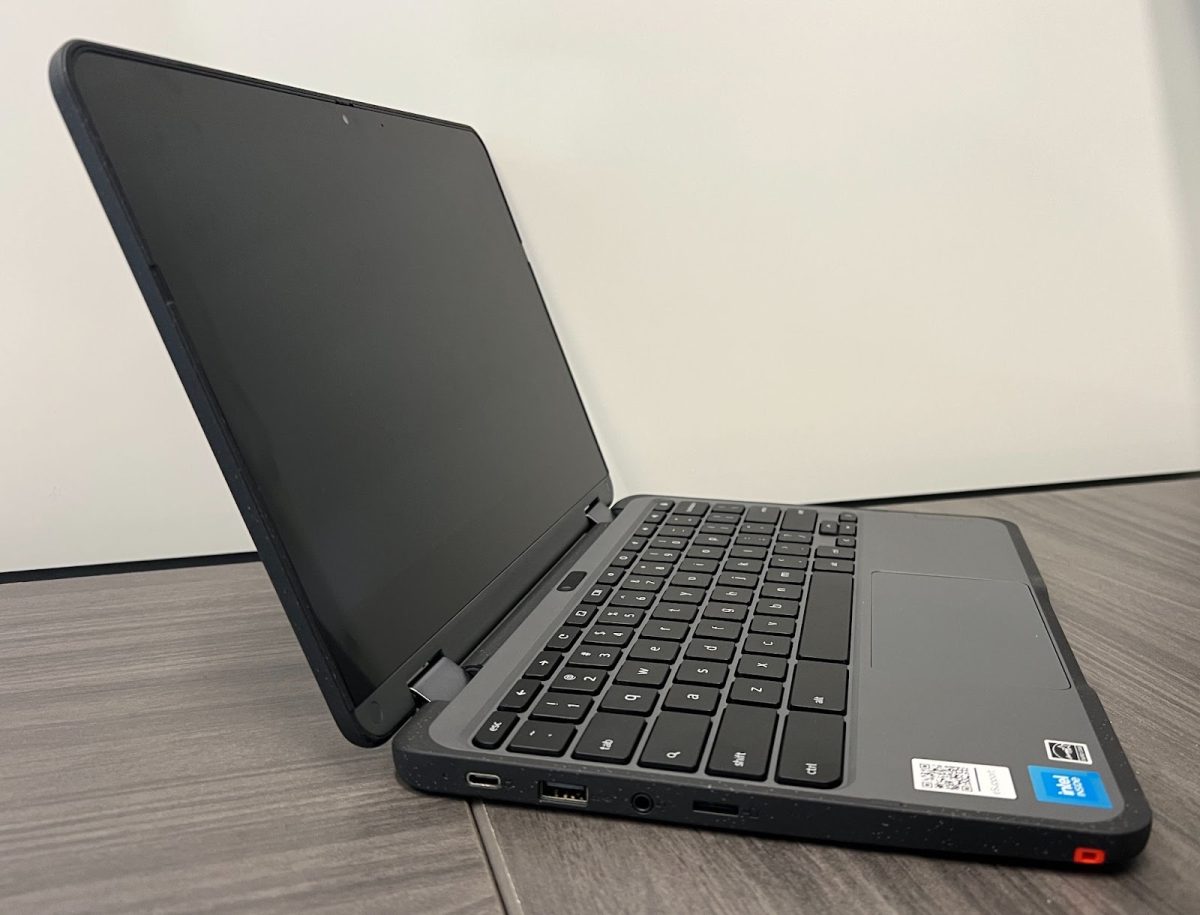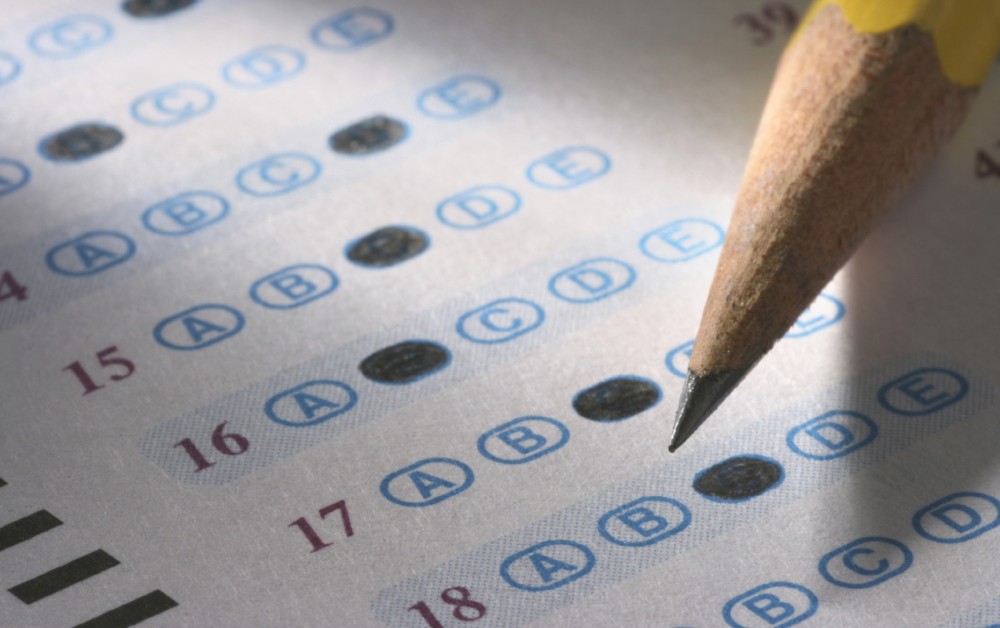Everyone remembers the first time he or she read through an entire book from start to finish. The book was probably five pages long and filled with more colorful doodles than actual words, but nonetheless, it was like an invitation to the big kid world, giving us something worthwhile to brag about to all of our 5-year-old friends.
The next generation of kids, however, may not be learning to read by excitedly turning each page of a picture book; they will instead be sounding out all of the “th” and “ch” consonants while looking onto a screen and tapping a digital arrow to flip to the next virtual page.
As an increasing number of electronic reading devices are hitting the market, electronic books, or e-books, are becoming more popular among avid readers. Amazon released its latest e-reader, Kindle DX, in May 2009; Barnes and Nobles launched its first ever e-reader, the Nook, last November; and Apple announced just last month that its latest device, the iPad, will feature an iBooks application. As these new devices are becoming more prevalent in the book world, the future for bookstores looks increasingly unclear.
A Nov. 5 MSNBC article reported that Borders Group will shut down the majority of its Waldenbooks stores in 2010, and its stock recently fell to just over $1.20 a share from almost $30 five years ago. This mega chain is plummeting mainly because of the monopoly Amazon is creating in the book industry, so in every last effort to save the company, Borders stores are moving their focus away from music and movies and toward children’s and digital books.
E-books are a threat to the entire reading experience because they fail to recreate the enjoyment of going to a bookstore to select a novel, snuggling in the corner of a couch with a hard copy and later lending it out to a friend. While little charming bookstores are hard to come by these days, even the most mainstream of bookstores like Barnes & Nobles and Borders have a culture of their own. Bookstores are a diverse gathering place for intellects and bookworms, students and teachers, and toddlers and elders alike. If more bookstores continue to go out of business, this diverse reading culture may become completely extinct.
From a purely economic standpoint, e-books and their accommodating e-readers are by no means a good deal. Most e-readers cost somewhere between $200 to $500. Some of the Kindle books cost more than their paperback versions and the prices of e-books appear to be slowly increasing. The books cannot be kept for years and years or passed on to later generations, because just like each new iPod model, a new e-book reader is constantly released and there is no guarantee that it will be compatible with previous digital book purchases.
An e-book collection is not like an attractive stack of books characterized by the author’s last name on a bookshelf in a cozy study or library in one’s house; the electronic collection could be here one day and gone the next with the accidental click of the delete button.
As e-books become more common, those who are less technologically adept, especially the more elderly, will be left behind. Also, incorporating children into this rising trend will only exacerbate an already major problem: addiction to electronic media at a young age.
What most e-book customers need to understand is that a book is more than just text published and bound into a hard copy. It is meant to be enjoyed, to be read with concentration and to serve a means of escapism. It’s the entire experience that matters; it’s not about the practicality of buying and downloading a book straight from your home or your car with a digital gadget. Why buy books if you cannot go back to them years later and wipe the dust off the aged pages to remember what made you fall in love with the book in the first place?
If more people continue to support this trend, the future of books will look awfully bleak. Seldom will one walk into a coffee shop and see a young intellectual mysteriously reading a Jane Austen classic with a cappuccino on the table; instead, everyone will be holding an electronic reader and squinting to properly read each pixilated word.







